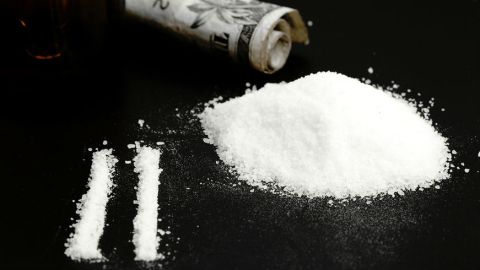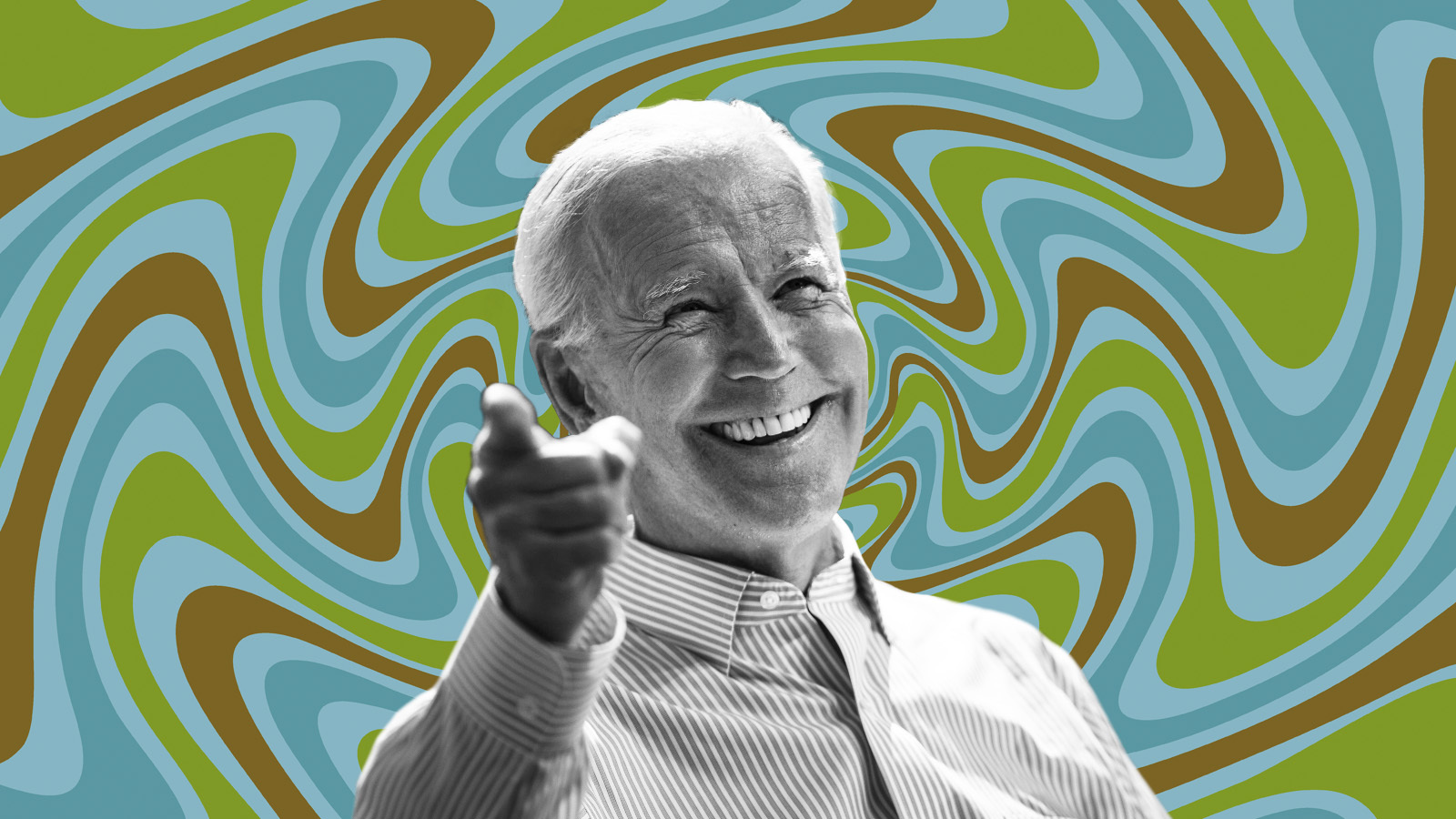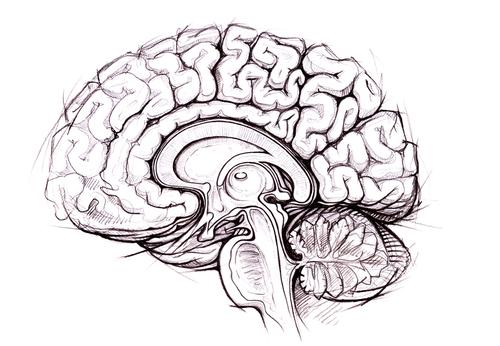Is Legalization The Answer To War On Drugs?

What is the Big Idea?
Leaders from many western hemisphere countries gathered for the Summit of the Americas meeting this weekend to discuss alternatives to the failed “war on drugs.” President Obama immediately rejected the legalization of drugs as an option, according to The New York Times.
“I know there are frustrations and that some call for legalization. For the sake of the health and safety of our citizens — all our citizens — the United States will not be going in this direction.” he said.
President Otto Pérez Molina of Guatemala, on the other hand, has called for full legalization of narcotics.
What is the Significance?
The meeting drew more than 30 leaders from North, Central and South America and the prominence of the drug enforcement issue is a reflection that the increasing prosperity of Latin American countries has allowed them to take a bigger role at setting the agenda.
Colombia’s president Juan Manuel Santos, who hosted the meeting in Cartagena, said it’s time to stop stalling and start solving the region’s war on drugs. Latin American leaders have long complained that American drug and gun users are part of the problem.
“As I’ve said many times, the United States accepts our share of responsibility for drug violence. That’s why we’ve dedicated major resources to reducing the southbound flow of money and guns to the region,” said President Obama. “It’s why we’ve devoted tens of billions of dollars in the United States to reduce the demand for drugs. And I promise you today — we’re not going to relent in our efforts.”
Jeffrey Miron, economics professor at Harvard University sides with leaders who support legalization, as the alternative fuels a complicated and violent black market for narcotics where “we incur far worse negative outcomes, far worse costs, that results simply from the use of drugs in a legal framework.”
“The violence that we observe in Mexico, the profitability underlying the Taliban in Afghanistan, all those result from the fact that we’ve driven drug markets underground, and so terrorist groups make a profit by selling their protection services to the drug traffickers, the drug traffickers get the protection and the terrorists get profits,” said Miron.
Listen to Professor Miron’s take on the legalization of drugs:
Do you think the legalization of narcotics will alleviate the underground drug trade? Tell us what you think in the comments section.
Image courtesy of Aaron Amat/Shutterstock





